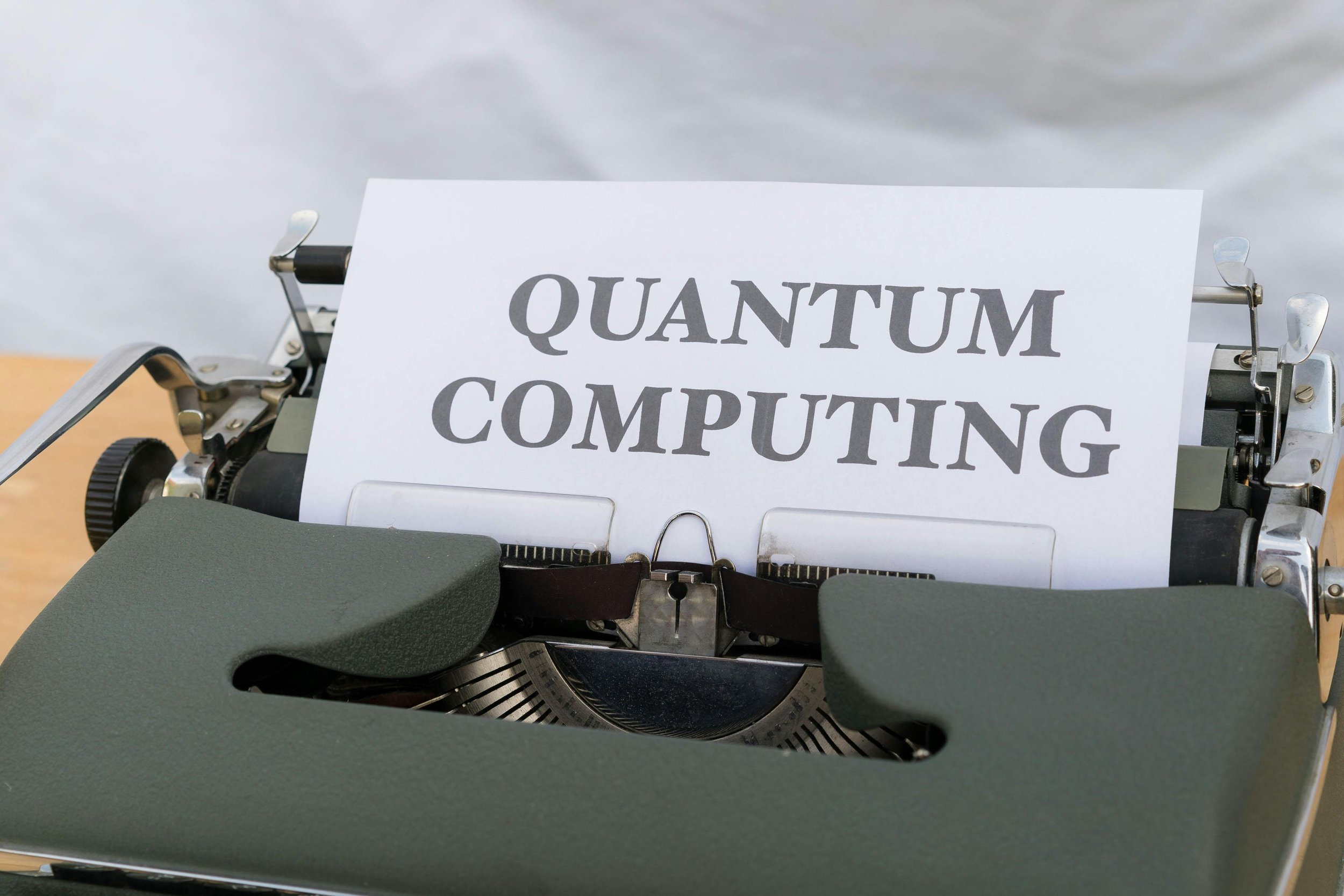European Union Faces Quantum Challenge: Will Policy Prioritize Quantum Technology?
Despite the evident security threats posed by quantum technology, Brussels appears to have limited impetus to regulate this cutting-edge field—at least for now. Towards the end of 2023, the European Commission introduced its Declaration on Quantum Technologies, aiming to firmly place advanced quantum technology on the European Union's agenda.
Thierry Breton, the EU's Commissioner for the Internal Market, expressed that the declaration marked a significant step towards establishing a "Quantum Valley" within Europe. Despite Breton's apparent enthusiasm, only eight member states have officially endorsed the joint statement: Denmark, Finland, Germany, Greece, Hungary, Italy, Slovenia, and Sweden.
In recent years, the EU has taken strides to regulate rapidly advancing technologies like artificial intelligence (AI). Still, whether quantum technology will receive similar attention as the European Parliament elections approach in June remains uncertain.
Quantum computing, a field dominated by tech giants like IBM and Google, has immense potential, and the EU's Declaration on Quantum Technologies is not the first of its kind. In 2018, the Quantum Technologies Flagship and the European High-Performance Computing Joint Undertaking were established to support European quantum computing development.
However, with quantum computing's commercial applications still in their infancy, there is a growing need to prepare for the potential advancements and risks associated with this groundbreaking technology.
Quantum computers, by computing qubits instead of traditional bits, can perform multiple calculations simultaneously, resulting in faster computations. This capability could lead to rapid advancements, such as developing new drugs, but it also raises concerns about the quicker compromise of existing encryption protocols on the internet.
Several European countries have initiated quantum initiatives independently. The Netherlands launched its national quantum strategy in 2019, while Ireland announced a similar plan in November 2023. However, these countries still need to sign the new EU declaration.
Experts emphasise the necessity for greater Europe-wide coordination in quantum technology. Herbert Mangesius, a general partner at Vsquared Ventures, calls for a strategic concentration based on regional strengths rather than individual member states pursuing their strategies.
Ish Dhand, leading QC Design, a German startup focused on quantum computing, highlights the importance of partnerships to keep pace with global competition in the quantum race.
While the European Commission has taken steps with the Declaration on Quantum Technologies, it remains to be seen how quantum technology will be addressed at a policy level. A Commission spokesperson stated that new legislative proposals for quantum technologies are only expected after the current mandate concludes.
The potential challenges posed by quantum computing, particularly in cybersecurity, loom on the horizon. While there may not be an immediate need for legislative action, experts emphasise the importance of strategic planning to address quantum technology's foreseeable impact on security and computing capabilities in the coming decade.

